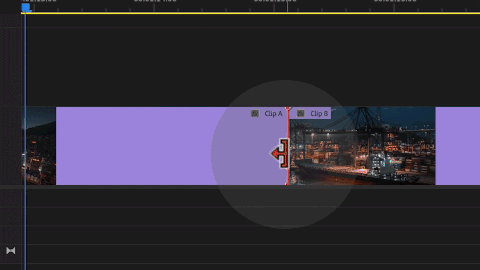

The workshops and networking events offers professionals an opportunity to exchange ideas, reflect on the current industry climate, engage in constructive debate and focus on the values inherent in a diverse film industry with content that speaks to all audiences. Perhaps the most important thing you'll need to do is fill up your frame as best you can with whatever you're using to obscure your image so you have somewhere to cut later on.Each workshop will feature emerging producers from partnering institutions and will take place online ahead of the Marché du Film, then in-person in Cannes. But before you even edit, be sure your camera work is setting you up for success. Do the same thing in the next shot, but earlier.īe aware that you'll still need to do a little work once you get into post a little speed ramping will definitely help you hide your edits.

There are so many clever and unique ways to use the space around you, as well as the objects, people, and even light within them, to create some pretty cool ones, but just to give you a place to start, here are the six in-camera transitions mentioned in the video: Though it's not entirely essential, building up your arsenal of in-camera transitions is a smart move to make as a filmmaker. In this quick video, the team over at Mango Street shows you how to do six different in-camera transitions that are sure to make your next project sexy as hell. However, in-camera transitions are often faster, easier, and more fun to pull off-and you'll spend considerably less time editing in a dark room (which is always good). Of course, you can try your hand at designing one in post, an endeavor made easier if you have at least some experience working with Premiere Pro, After Effects, or some other NLE. In-camera transitions can give your project plenty of style without costing you a dime.Ī good transition can add a lot of flair and production value to your project.


 0 kommentar(er)
0 kommentar(er)
